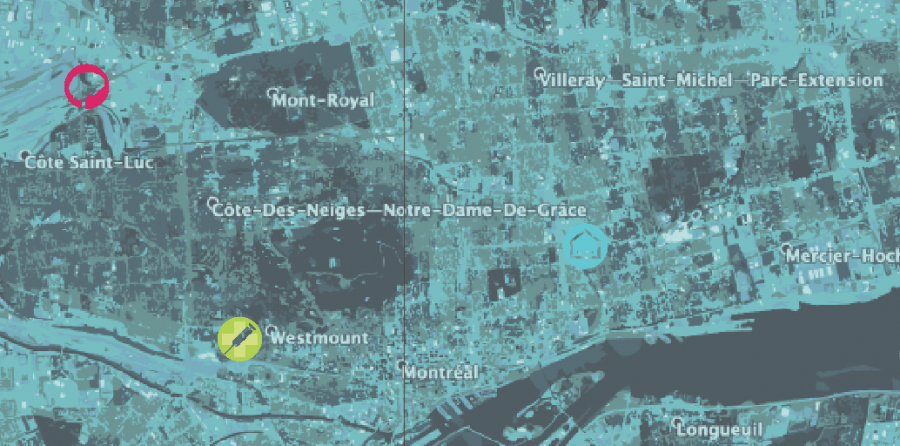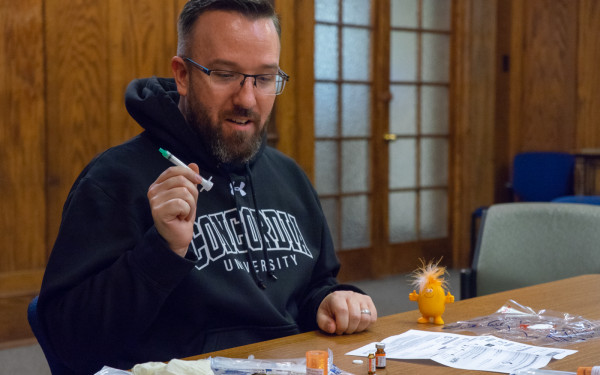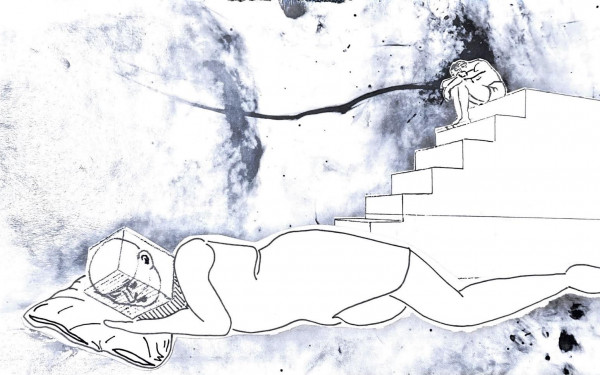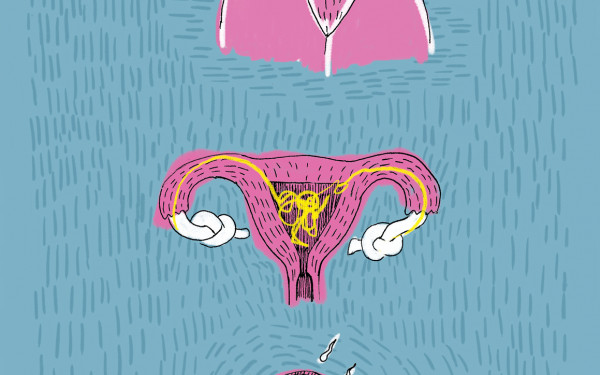Where to Find Mental Health, Addiction and Community Support in Montreal
Mental Health, Financial and Addiction Resources
Need help but feel lost?
Here are some services in Montreal that offer support to those with mental illness, disabilities, addiction or sexually transmitted infections. You can also learn about organizations that provide educational workshops or other types of social support.
Mental Health Services
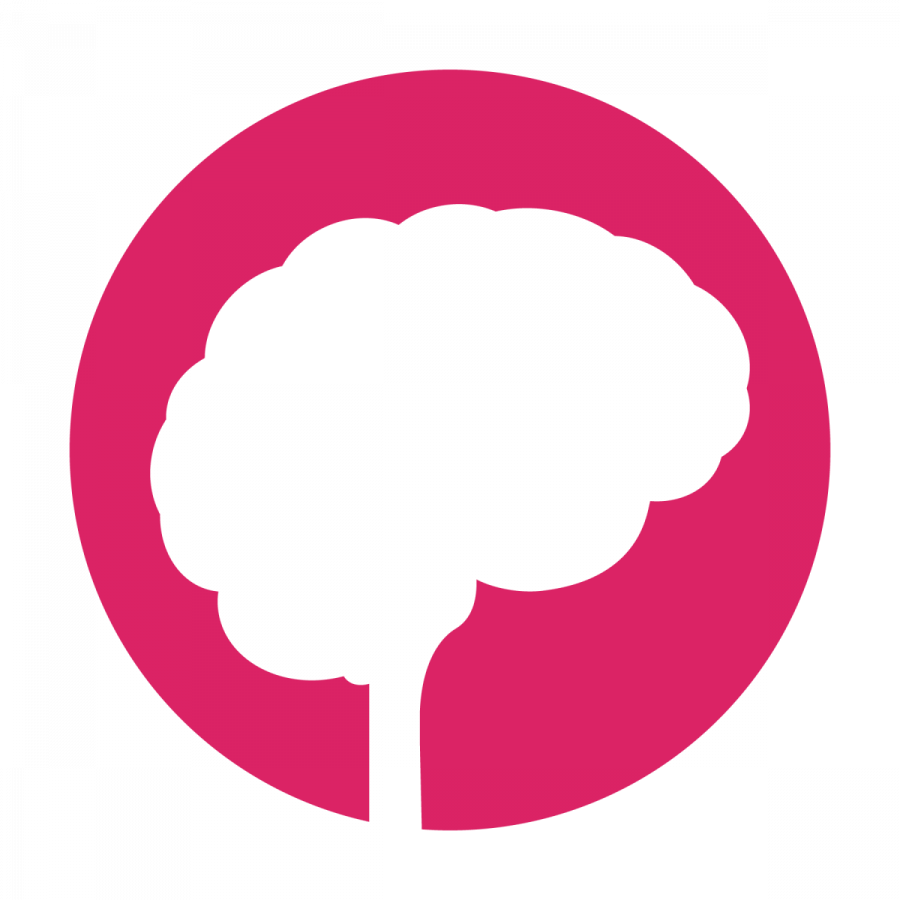
For some students, seeking mental health services at Concordia can be cumbersome, with long wait times and a limited number of mental health professionals. There are off-campus mental health services, which may better fit the needs of people of colour who take issue with the lack of diversity with the staff at Psychological and Counselling Services at Concordia, or those who need support in a shorter time frame.
DESTA Black Youth Network – 1950 Ste. Antoine St. W. (Little Burgundy)
A Black youth network which provides free individual counselling for youth aged 18 to 35 in need of emotional support or psychological intervention.
The Native Friendship Centre – 2001 St. Laurent Blvd. (between Milton Park and the Old Port)
This centre offers peer counselling and mentorship to Indigenous people.
Open Centre – 5165 Sherbrooke St. W., Suite 300 (Monkland Village)
The Open Centre offers a staff with more diversity and aims to serve the LBGTQ+ community and those who are polyamourous. They also provide a sliding scale option, allowing patients to pay what they can afford.
Argyle Institute – 4150 Ste. Catherine St. W.
The Argyle Institute offers a sliding scale and administers background checks to confirm what pay bracket you may be placed within.
Monster Academy (online community)
A social justice-oriented group that grants workshops for youth in Montreal on things like anti-oppression, how to help friends deal with PTSD, or how to manage anxiety. There are no therapy services offered by Monster Academy, but the site shares a list of BIPOC counsellors which is often updated.
Project 10 – 1575 Amherst St. (The Gay Village)
Project 10 offers BIPOC and LGBTQ+ therapists. Aside from mental health support, Project 10 also offers other services, helping those within the LGBTQ+ community find housing, employment, or change their name and gender markers on identity papers. They can also assist you in obtaining a sex-change surgery, getting refugee status, or in documenting experiences of discrimination and filing complaints.
Safe Injection Sites
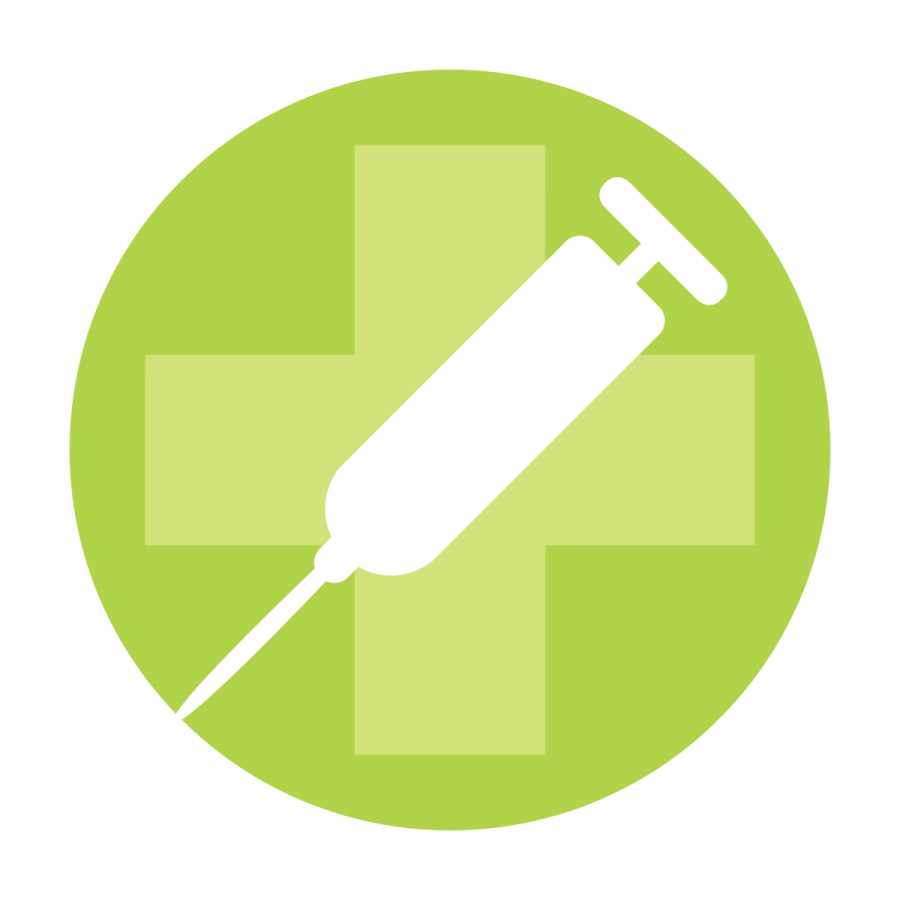
Safe injection sites offer a safe space for opioid users or other drug users to inject. Nurses stay on site and can administer naloxone if a user experiences an opioid overdose. These sites are also community organizations that have been operating since the city approved safe injection sites in the summer of 2017. Safe injection sites are not only beneficial to opioid users, but all drug users, as they provide drug test kits and naloxone kits, beneficial when using any drug as fentanyl contamination poses a threat to the safety of all drug users.
L’Anonyme’s Mobile Safe Injection Site – 5600 Hochelaga St., Suite 160 (Hochelaga)
L’Anonyme is a community organization operating in Hochelaga that aims to support safe behaviour and relationships around sexually transmitted infections. L’Anonyme provides a mobile safe injection site, which can often be seen parked at Norman Bethune Square on Concordia’s downtown campus at night. It can be seen traveling in other parts of the city to provide a safe injection site in different areas.
Besides that, here are some other injection sites you can find around Montreal:
Cactus Montréal – 1244 Du Berger St. (between Milton Park and Ville Marie)
Spectre de Rue – 1280 Ontario St E (The Gay Village)
Dopamine – 3591 Ste. Catherine St. E. (Hochelaga)
Homeless Shelters
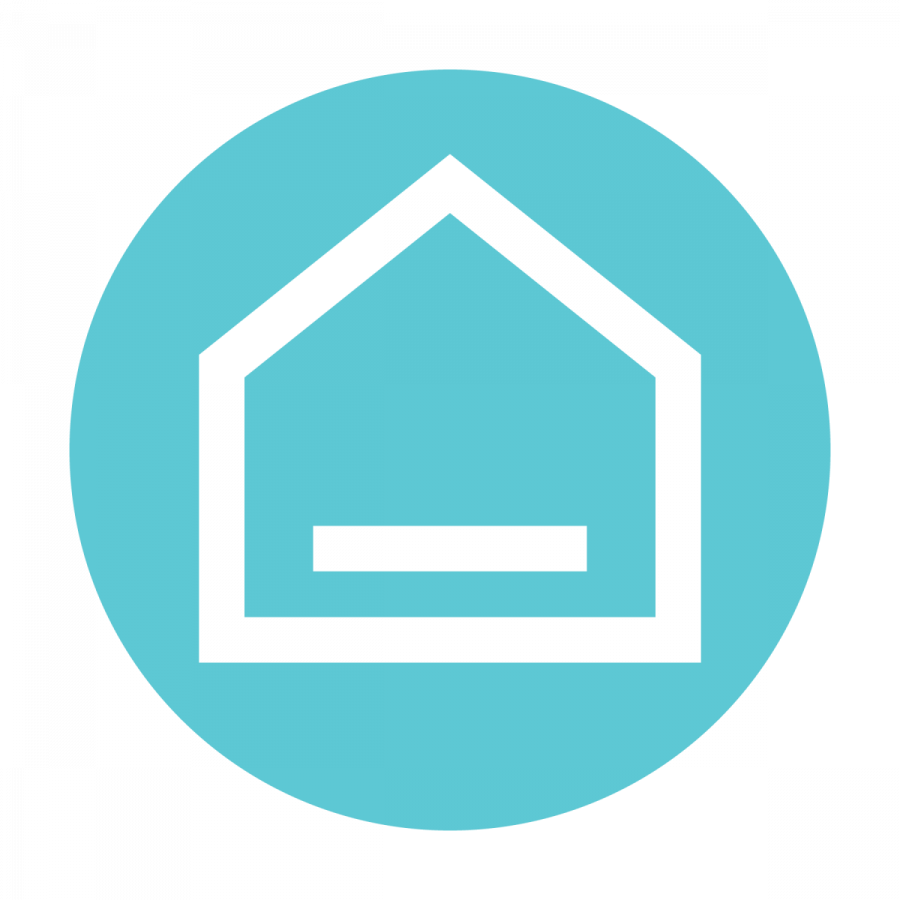
This list is not encompassing of all homeless shelters, however, it aims to identify some shelters in the greater area of Montreal, especially ones run to support marginalized communities.
Native Women’s Shelter – (514) 933-4688
The Native Women’s Shelter provides a safe space for Indigenous women and children, and is open 365 days a year with 16 spots available each night for women and children. There are in-house programs and services, along with outreach services to support women’s healing process so they can return to a balanced lifestyle. Contemporary approaches to healing are combined with traditional healing methods to provide a variety of avenues for women to address their needs. The shelter does so by working within an Indigenous framework, involving different education from First Nations, Métis and Inuit cultures. To protect women and children escaping dangerous situations, the address of the Native Women’s Shelter is confidential, but you can reach them at (514) 933-4688.
The Open Door – 3535 Park Ave., (Located close to Place des Arts metro)
The Open Door recently moved from its old home near Cabot Square to the Plateau. The drop-in centre offers services for no cost for low-income and homeless people in Montreal. Daytime shelter, food, clothing, laundry services, free prescription glasses, haircuts and counselling is available in house. Those with substance abuse or gambling problems can also make use of their services, as they provide recommendations to addiction counsellors, mental health care professionals, as well as employment assistance.
_Chez Doris – 1430 Chomedey St. (Located close to Atwater metro) _
Similar to the Open Door, Chez Doris is a daytime shelter for women, operating seven days a week. Chez Doris provides meals, clothing, and an environment for psychological assistance and relief for women in precarity, as well as socio-recreational activities. Shower services are offered, along with financial management. Women can also make use of legal support and their program dedicated to aiding Inuit women. They also run housing placements for First Nations, Inuit and Métis women.
Dans la rue – 1664 Ontario St. E. (The Gay Village)
Dans la rue’s mission is to help homeless youth in vulnerable situations. Dans la rue offers The Bunker, an emergency shelter for those needing a place to stay for a night or who want to speak with a counsellor in safety. For those seeking long term shelter, apartments are available for 15 youth and two families who use Dans la rue’s services currently or did in the past. Their daytime shelter also provides clothing, meals, healthcare, employment programs, educational opportunities and legal advice. They also have a mobile van that provides those on the street with food, company and recommendations to other services.
Addiction Treatment Centres
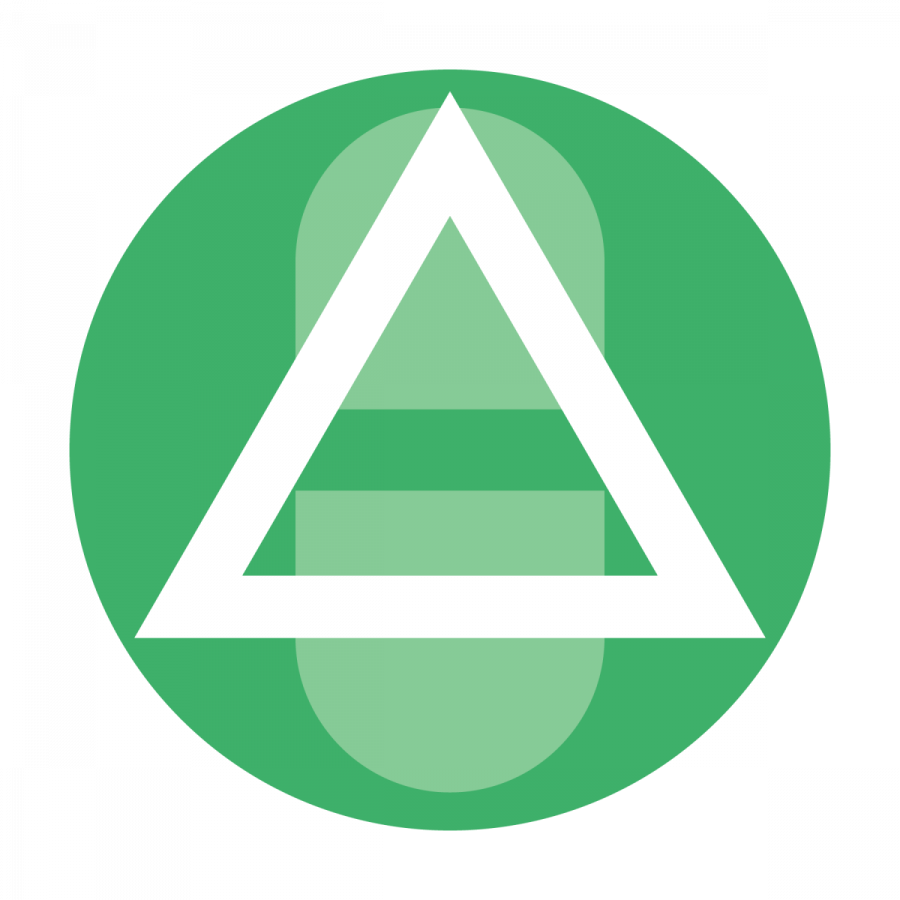
This encompasses rehabilitation for either gambling, alcohol or drugs. Since these services are offered by the Quebec government, the services are free and available to the public.
The Foster Pavilion – 3285 Cavendish Blvd. (Notre-Dame-de-Grâce)
The Foster Addiction Rehabilitation Centre is a free public rehabilitation centre, with services for rehab and social integration for English-speaking Montrealers. There are both youth and adult programs offered to aid substance addictions or gambling, and social integration services to help clients seek housing, education or work. Those who makes use of their services can do so from their Cavendish location or can leave the city for their live-in rehabilitation program.
Centre for Research and Help for Drug Users – 110 Prince Arthur St. W. (Plateau)
CRAN is a public harm reduction addiction treatment centre, offering methadone or buprenorphine treatment for those with opioid addictions. Along with harm reduction programs, socio-professional reintegration and rehabilitation is offered. There are also services provided to those who have loved ones addicted to opioids.
Centre Dollard-Cormier Youth Program – 3530 Ste. Urbain St. (Plateau)
This youth program is offered to those 24 years or younger, providing treatment and rehabilitation for drugs, alcohol and gambling addictions. Educational services are also provided within a program with a teacher in a small classroom setting. The centre also helps those with legal troubles, homelessness and mental health problems. Those in need can also live for up to three months in the centre to escape situations that could influence them to use. Support is also extended to loved ones, with individual, couple, or family support.
Other Community and Public Organizations
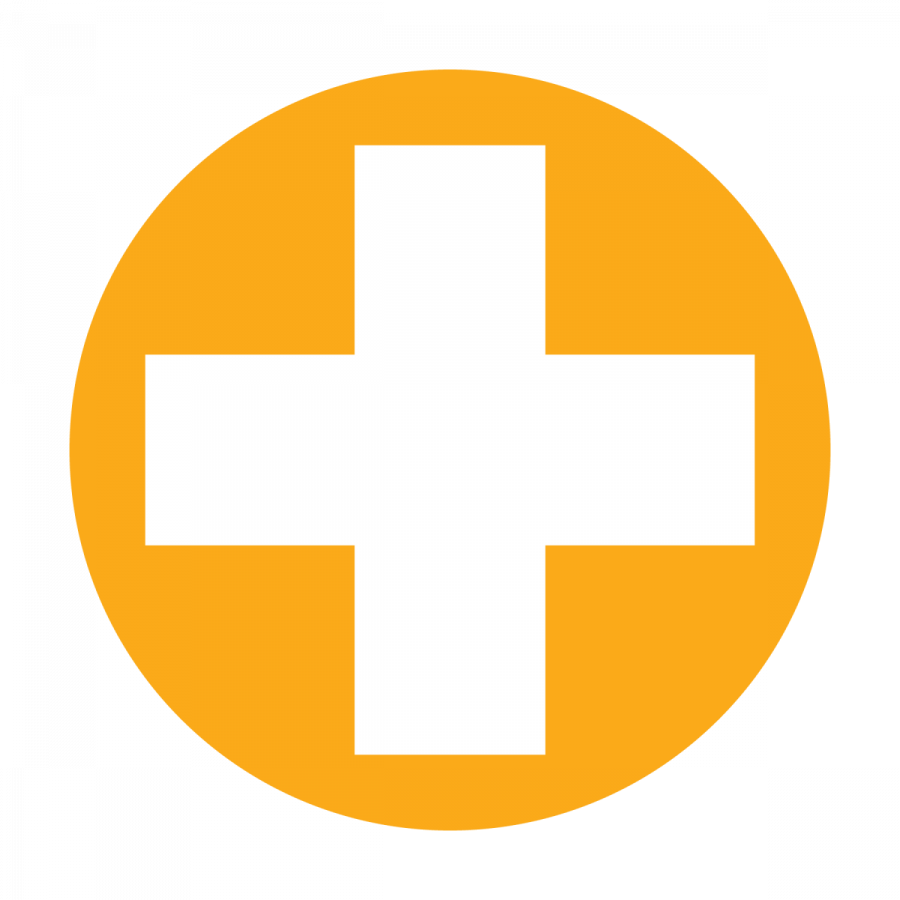
Head & Hands – 3465 Benny Ave. (Notre-Dame-des-Grâce)
Head & Hands provides referrals to medical clinics, HIV testing, legal aid, and counseling for individuals, families and couples. There’s an emergency food pantry made available to the community, as well as workshops on safer sex and drug use, babysitting, legal rights and body image, self-esteem and boundaries. Head & Hands also offers Project X, which supports youth by helping them find creative ways to deal with the impacts of institutional racism and racial profiling.
Coalition sida des sourds du Québec – 2075 Plessis St., Suite 320 (The Gay Village)
Coalition sida des sourds du Québec provides support and educational preventative services on HIV/AIDS and other sexually transmitted and blood-borne infections for the deaf and hard of hearing community.
Regional Program for the Settlement and Integration of Asylum Seekers – 3725 Ste. Denis St. (Plateau)
PRAIDA offers assistance to asylum seekers waiting for legal status. Some of their services include shelter, legal aid, psychosocial services, welfare and recommendations to hospitals or clinics.
Réseau d’intervention auprès des personnes ayant subi la violence organisée – 6865 Christophe-Colomb Ave., Suites 300-309 (Little Italy)
RIVO serves people who have been impacted by organized violence, like torture, and their services are free. Most of those who seek help from RIVO are asylum seekers, but the organization also helps those with residency or citizenship and those with no status. Those who work within RIVO are social workers or psychologists who offer not only traditional therapy, but also arts-based therapy.
Action on Mental Illness Quebec – 5800 Decarie Blvd. (Côte-des-Neiges)
This organization helps families who care for loved one’s with mental illness via education, guidance, support and advocacy. AMI-Quebec also offers workshops, with one on bipolar disorder, creative expression and how to cope with with stressful situations. Most programs that are offered are free.
Independent Living – 5555 Westminster Ave., Suite 404 (Côte-Saint-Luc)
This organization is managed by and for people with all kinds of disabilities. Independent Living provides guidance, with the aim to further self-development within each individual’s set of skills.

